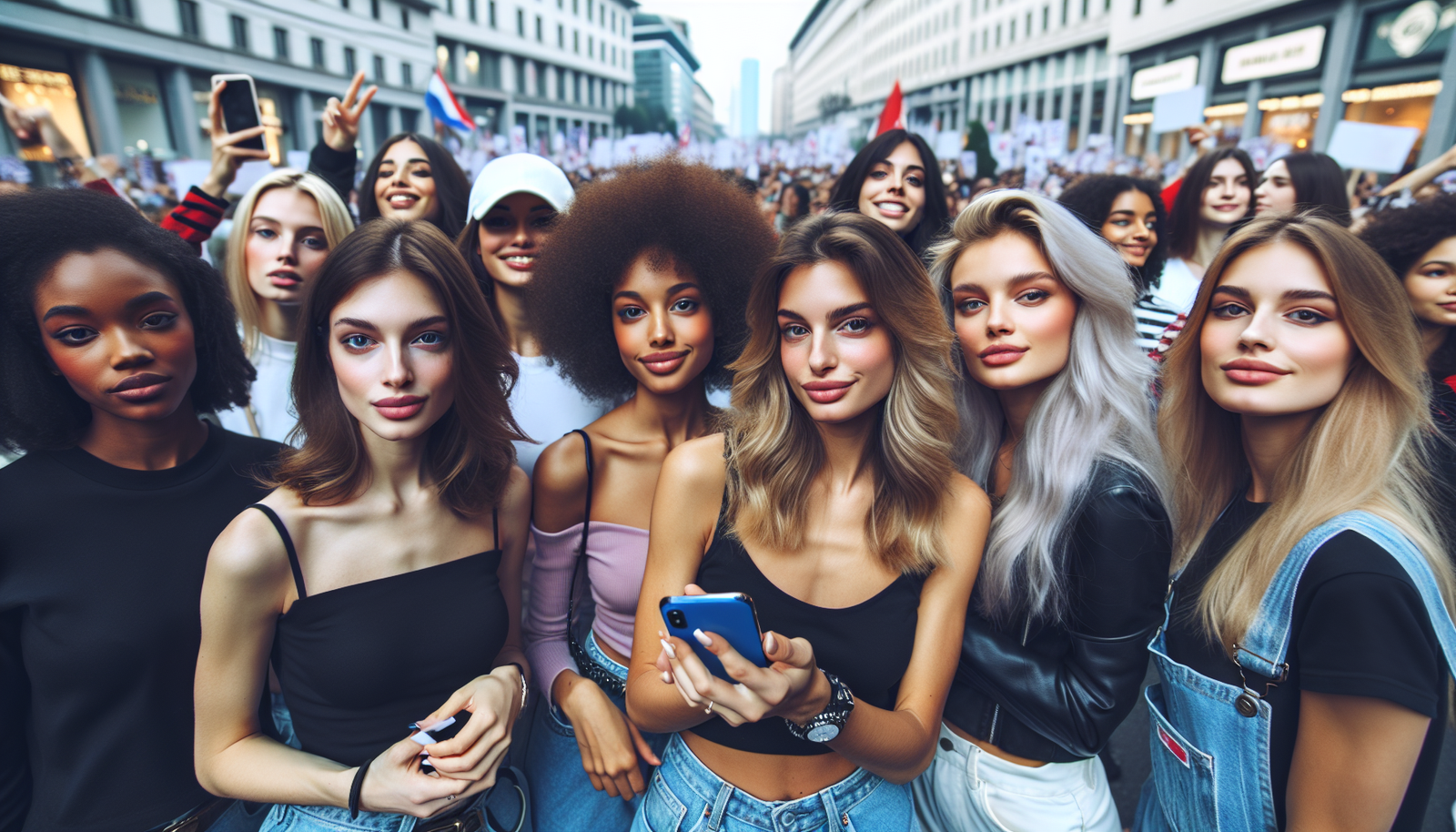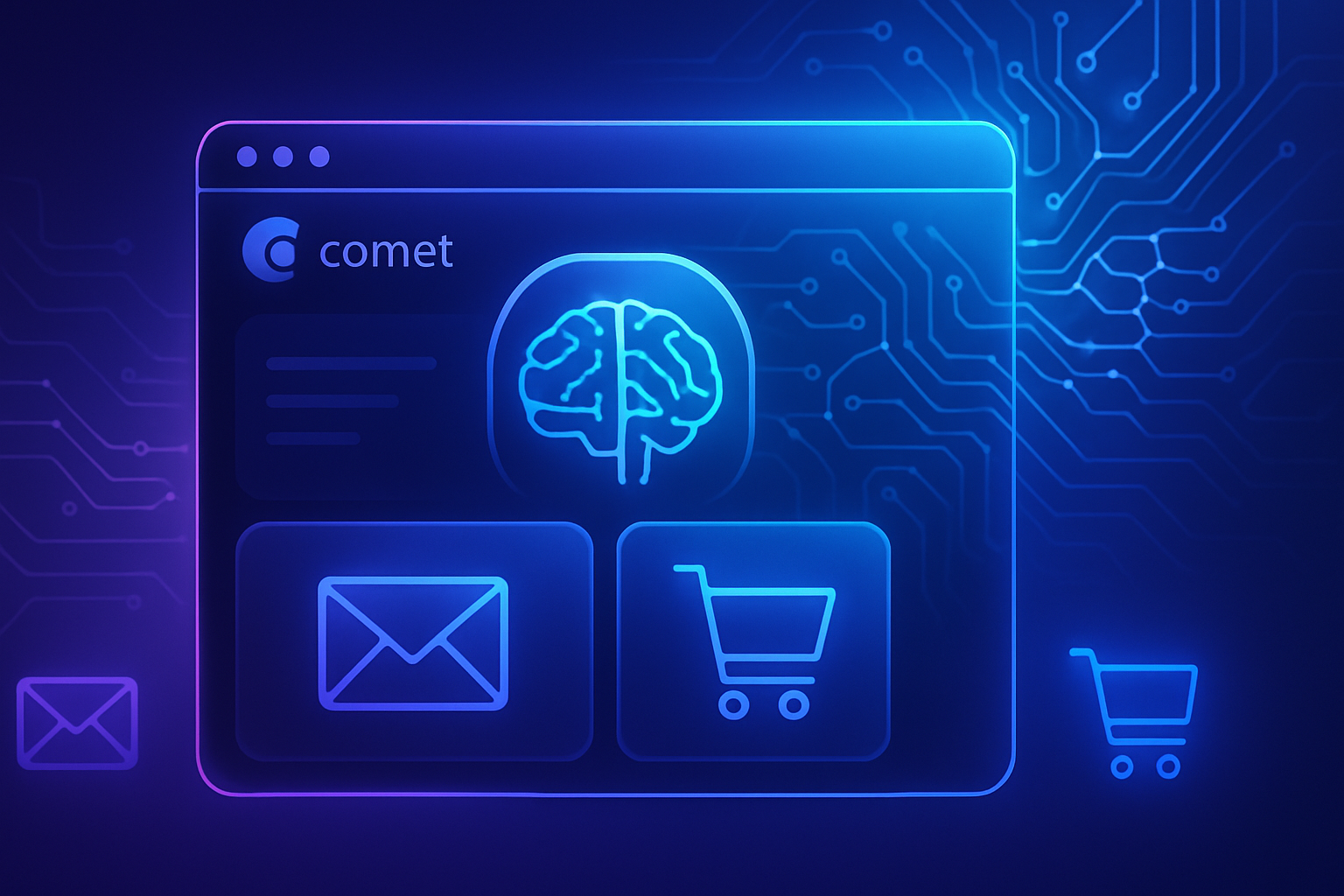On TikTok, a worrying phenomenon is taking hold: fake influencers exploit familiar faces to spread an ideology. This scheme aims to manipulate young people by exposing them to extremist political discourse, concealed behind catchy appearances. Accounts impersonating Marine Le Pen’s nieces, with an appealing aesthetic, serve as vehicles for the propaganda of the National Rally. In the face of this creeping misinformation, understanding these mechanisms becomes crucial to countering the influence of social networks.
Fake influential accounts on TikTok
On TikTok, a troubling phenomenon is emerging: accounts impersonating the nieces of Marine Le Pen, notably Amandine Le Pen, propagate pro-National Rally content. These young women, who bear a strong resemblance to the politician, promote Jordan Bardella and far-right ideas. These actions aim to manipulate public opinion as elections approach.
The strategy of deepfakes
The videos shared by these accounts are creations of deepfake, using artificial intelligence technologies. These devices allow faces to be overlaid on existing influencer videos. Thus, their focus on themes favorable to the National Rally and their appealing staging are part of a disinformation tactic. These contents follow the viral codes associated with social networks, making them particularly attractive to a young audience.
The rise of fake influencers
These fake accounts are not limited to Amandine. Other profiles like Chloé and Léna, supposed nieces of Marine Le Pen, also flourish on the platform. These accounts have thousands of followers, thus amplifying the reach of their message. Amid videos with sometimes humorous content, users are exposed to a politically oriented discourse.
A worrying trend
The current dynamics on TikTok, where 44% of French users regularly encounter influencer content, raise questions. The platform’s algorithms favor these posts with high virality, making it difficult to differentiate between authentic content and misinformation. Users, often young and less aware, become prime targets of this insidious strategy.
Political context and manipulation
The timing of these actions coincides with a significant electoral period. The European elections are approaching, with voting scheduled for June 6 and 9. The National Rally, already campaigning for the 2027 presidential elections, uses these fake accounts to prepare the ground. Media manipulation takes on a particularly alarming dimension in the digital age, where the boundaries between information and propaganda blur.
The stakes of disinformation
The rise of fake influencers raises ethical and democratic questions. Their ability to shape opinion and influence political preferences poses a threat to the integrity of information. A study by the Reuters Institute reveals that 55% of young TikTok users get their news from influencers, heightening the risks associated with disinformation.
A call for vigilance
The consequences of this manipulation are multiple and concerning. The specialties of political communication must adapt to this new reality. Information consumers must be increasingly vigilant in the face of the proliferation of biased content and the sophistication of disinformation techniques.
In light of this situation, collective responsibility is at stake.
To delve deeper into this issue, articles analyze these contents and their impact, such as those found on actu.ai.
FAQ on the role of fake influencers on TikTok in promoting the National Rally
What are the main characteristics of fake influencers on TikTok that support the National Rally?
Fake influencers on TikTok often share “deepfake” content that mimics known personalities, such as the nieces of Marine Le Pen. They often resemble public figures and convey pro-National Rally messages using viral videos and specific network codes.
How do these fake influencers impact young people on social media?
These fake influencers reach a young audience, often disconnected from traditional media. They use engaging formats to normalize far-right ideas, which can influence the political opinions of their followers.
Why is it important to monitor the content of fake influencers on TikTok?
Monitoring is crucial because this content can spread misinformation and manipulate public opinion, especially as elections approach, where misinformation can have a direct impact on electoral results.
Do fake influencers use specific techniques to attract more followers?
Yes, they utilize viral content techniques, such as trendy music, dancing, and provocative comments that capture attention, while incorporating elements of political propaganda.
What is the reaction of platforms like TikTok to the spread of these fake influencers?
Platforms like TikTok have implemented measures to combat disinformation, but accounts can still evade moderation, especially using resources like deepfakes that are difficult to detect.
How can one identify a fake influencer on TikTok?
To identify a fake influencer, check the authenticity of the published content, the presence of mentions such as “AI-generated content,” and be wary of accounts without history or suspicious followers.
What effect do these fake influencers have on the upcoming European elections?
They pave the way by disseminating pro-National Rally messages and potentially mobilizing votes in favor of this party among young voters.






